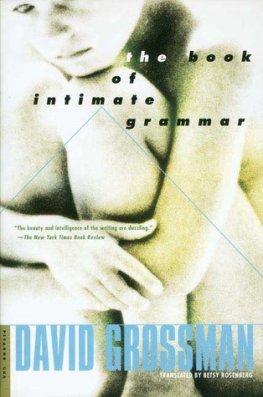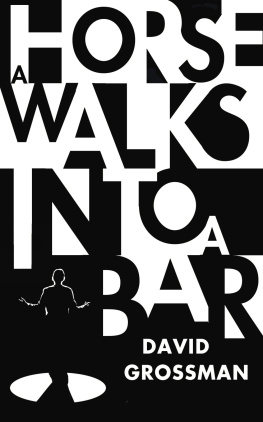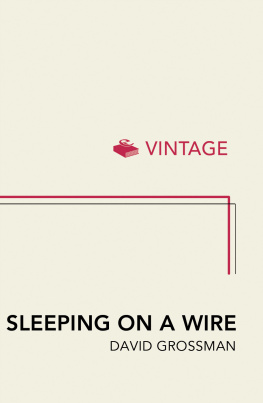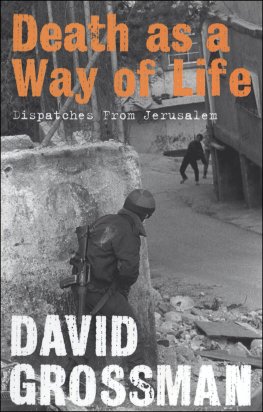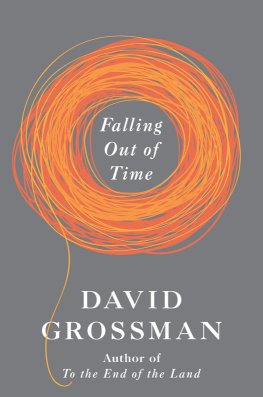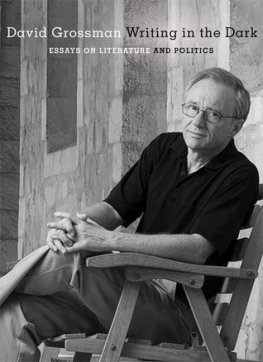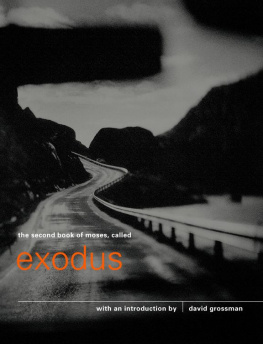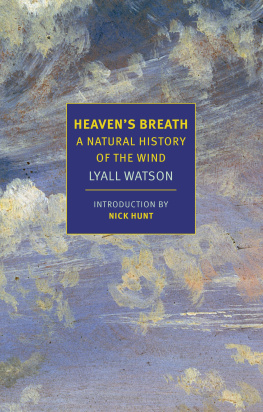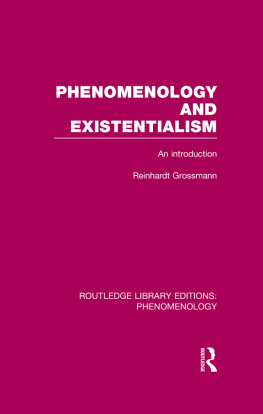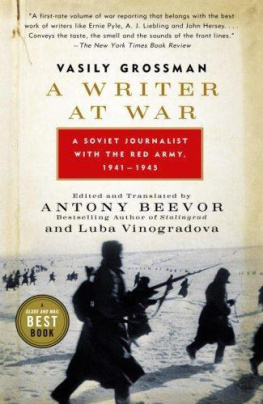David Grossman - The Yellow Wind
Here you can read online David Grossman - The Yellow Wind full text of the book (entire story) in english for free. Download pdf and epub, get meaning, cover and reviews about this ebook. year: 2021, publisher: Picador, genre: Politics. Description of the work, (preface) as well as reviews are available. Best literature library LitArk.com created for fans of good reading and offers a wide selection of genres:
Romance novel
Science fiction
Adventure
Detective
Science
History
Home and family
Prose
Art
Politics
Computer
Non-fiction
Religion
Business
Children
Humor
Choose a favorite category and find really read worthwhile books. Enjoy immersion in the world of imagination, feel the emotions of the characters or learn something new for yourself, make an fascinating discovery.

- Book:The Yellow Wind
- Author:
- Publisher:Picador
- Genre:
- Year:2021
- Rating:3 / 5
- Favourites:Add to favourites
- Your mark:
- 60
- 1
- 2
- 3
- 4
- 5
The Yellow Wind: summary, description and annotation
We offer to read an annotation, description, summary or preface (depends on what the author of the book "The Yellow Wind" wrote himself). If you haven't found the necessary information about the book — write in the comments, we will try to find it.
The Yellow Wind — read online for free the complete book (whole text) full work
Below is the text of the book, divided by pages. System saving the place of the last page read, allows you to conveniently read the book "The Yellow Wind" online for free, without having to search again every time where you left off. Put a bookmark, and you can go to the page where you finished reading at any time.
Font size:
Interval:
Bookmark:
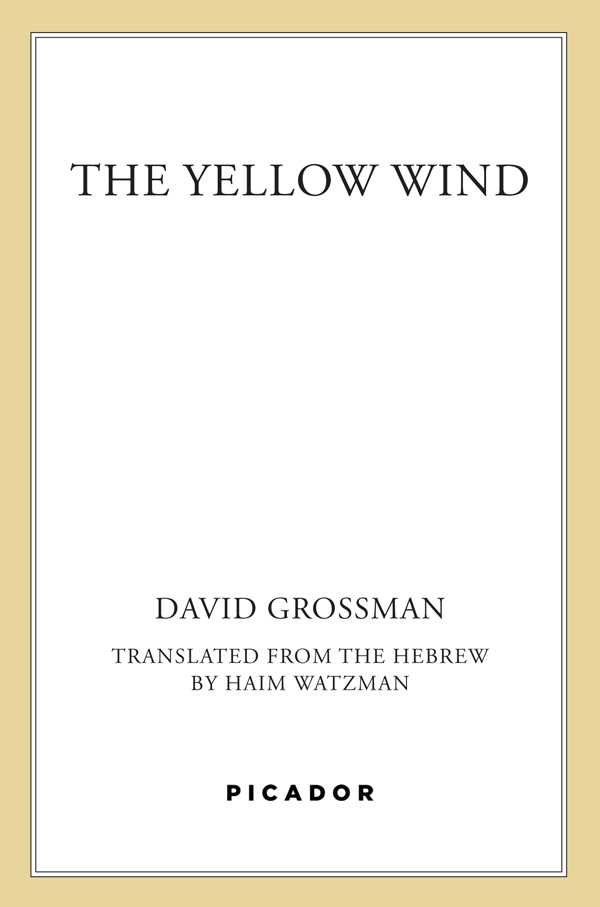

The author and publisher have provided this e-book to you for your personal use only. You may not make this e-book publicly available in any way. Copyright infringement is against the law. If you believe the copy of this e-book you are reading infringes on the authors copyright, please notify the publisher at: us.macmillanusa.com/piracy.
So many things have happened since The Yellow Wind was written, and so little has changed. There was the Intifada, the Madrid Peace Conference, Baruch Goldsteins massacre in Hebron, the Oslo process, the mutual recognition of the Palestinians and the Israelis, the handshake between Rabin and Arafat, the establishment of the Palestinian Authority, and the return of Arafat and his people to the occupied territories. Then there was Rabins assassination, and the string of suicide attacks by the Islamic fundamentalist organizations, especially the one called Hamas, which brought the right in Israel back into power. There were the bloody events following the opening of the Western Wall tunnel, the Israeli armys evacuation of Hebron, the construction at Har Homa, and the slowdown of the peace process almost to a standstill.
So much has happened, and so little. Israel has withdrawn its army from most of the territories in which Palestinians live, and today only a small portion of the Palestinian population continues to be ruled by the occupying forces. Yet the occupation is still tangible and present in the life of every Palestinian. Almost anytime a Palestinian travels from one village to another, he or she must pass through an Israeli roadblock. Israel sets the water allowance of every Palestinian village, town, and city, blocking and renewing the flow at its own discretion. It also controls the import and export of merchandise to and from the territories. It grants, or withholds, as its own needs dictate, permits to work in Israel, which allow hundreds of thousands of Palestinians to eke out their livings. Israel continues to prevent Palestinians from building themselves homes, and when they do so, illegally, Israel destroys them (according to data from the Btzelem civil rights organization, Israel has, in the last ten years, demolished more than 1,800 houses built without permits, leaving more than ten thousand Palestinians homeless). All this while Israels own settlements, including those built illegally, expand through the construction of thousands of homes without permits, which are then retroactively legalized.
It would serve no purpose to enumerate all the points of friction. They are only symptoms of the main problem. After the brief, all too brief, interlude we all gained in the wake of that handshake at the White House, goodwill, mutual trust, and hope have faded. Miraculously, Israelis and Palestinians were finally given the chance to begin living normal lives. But, instead of looking to the great opportunity that lay before them, the opportunity to overcome the obstacles imposed by their natures and the fears their histories have etched in them, they have been all too quick to revert to the behavior of the past.
Arafat, returned from Tunis, had a hard time giving up his use of terror as a weapon in the political struggle. Hamas launched a series of murderous attacks on the streets of Tel Aviv and Jerusalem. These attacks caused many Israelis who had believed for a moment that there was a chance for peace to retreat into their old suspicions and fears, and into the despairing acceptance of the view that the sword shall devour forever. Yitzhak Rabin, who guided the Oslo process, was murdered by a right-wing religious zealot, and Binyamin Netanyahu, who campaigned against the agreement and against the negotiations with Arafat, was elected prime minister.
It is hard to decipher Mr. Netanyahus intentions, but by his deeds it would seem that he is trying to create a (surrealistic) situation in which Israel will rule the occupied territories while remaining deliberately unaware of the people who are being occupied. He declares that he will never establish a Palestinian state and grasps at every Palestinian violation of the terms of the Oslo agreements in order to delay and halt their implementation. He vigorously develops Israeli settlements, paves Arab-evading roads, tunnels, and bridges that pass under and over Palestinian settlements, and ensures that any Palestinian entity established in the future will be segmented by a crisscross of Israeli roads and roadblocks, and that an Israeli settlement will overlook every Arab one. It is hard to see how such a situation can promise tranquillity or security for either side.
At about the time of the signing of the Oslo agreement, a group of Israelis and Palestinians, mostly professionalsdoctors, lawyers, psychologists, writers, and so onbegan to organize. They attempted to create a new type of relations, relations deliberately not based on political agreement, in the hope that as these links multiplied, a connection would be forged between the peoples that would reduce stereotypes and fears, and foster what is most important in relations between peoplespersonalities.
For three years I particpated in such a group of Israeli and Palestinian writers. The first meeting was like a volcano of conflicting emotionsexcitement, animosity, resentment, joy in what was shared, indignation at what was different, despair occasioned by deep misunderstandings. Waves of heat and cold swept over us; it was very important for each side that the other immediately recognize its isolation, its suffering, provide some sort of profound confirmation that it understood.
Only after a long time did we really begin to speak with one another, and listen, to stop being representatives of our peoples and be human beings, parents of children, women and men who were artists, whose dearest and most intimate inner spaces had been degraded by the occupation.
We held dozens of meetings, built personal and family friendships. The Israelis did all they could to relieve the distress of the occupation for their friends. The Palestinians incurred great risks in maintaining their contacts with the Israelis, in the face of hostile Palestinian public opinion.
I will never forget how, after one of the bus bombings in Jerusalem, one of my Palestinian friends called and offered to donate blood to the wounded. Its the least I can do, he said.
* * *
But the years went by and the meetings grew fewer, whether because long periods of curfew and siege prevented the Palestinians from coming, or because of ever-growing despair, and we felt that anything we might do in our tiny group could hardly be of any consequence in the face of the waves of violence and hatred. Today, most of the members of the group are active advocates of peace among their own peoples, but our meetings no longer take place.
Precisely because the Israelis and the Palestinians were so close to beginning to realize some possibility of life together, todays reality seems like a fulfillment of the curse placed on both peoplesthe curse of self-destruction, the curse of the fear of peace. Once again, it shows how much we, Palestinians and Israelis, are enslaved by the proficiencies we have been forced to develop in hundreds of years of conflictour proficiency for war and our overly developed talent for enmity.
* * *
The heart cringes at the thought that we are doomed to endure another round of blood, worse than its predecessor, so we understand there is no choice other than the way of peace, the way we have barely tried. In the coming yearswhether negotiations continue and reach the point of decision on the most charged issues, including the question of Jerusalem, or whether the process comes to a haltthe most fanatical, primal, cruel forces in each nation are likely to break loose.
Font size:
Interval:
Bookmark:
Similar books «The Yellow Wind»
Look at similar books to The Yellow Wind. We have selected literature similar in name and meaning in the hope of providing readers with more options to find new, interesting, not yet read works.
Discussion, reviews of the book The Yellow Wind and just readers' own opinions. Leave your comments, write what you think about the work, its meaning or the main characters. Specify what exactly you liked and what you didn't like, and why you think so.

